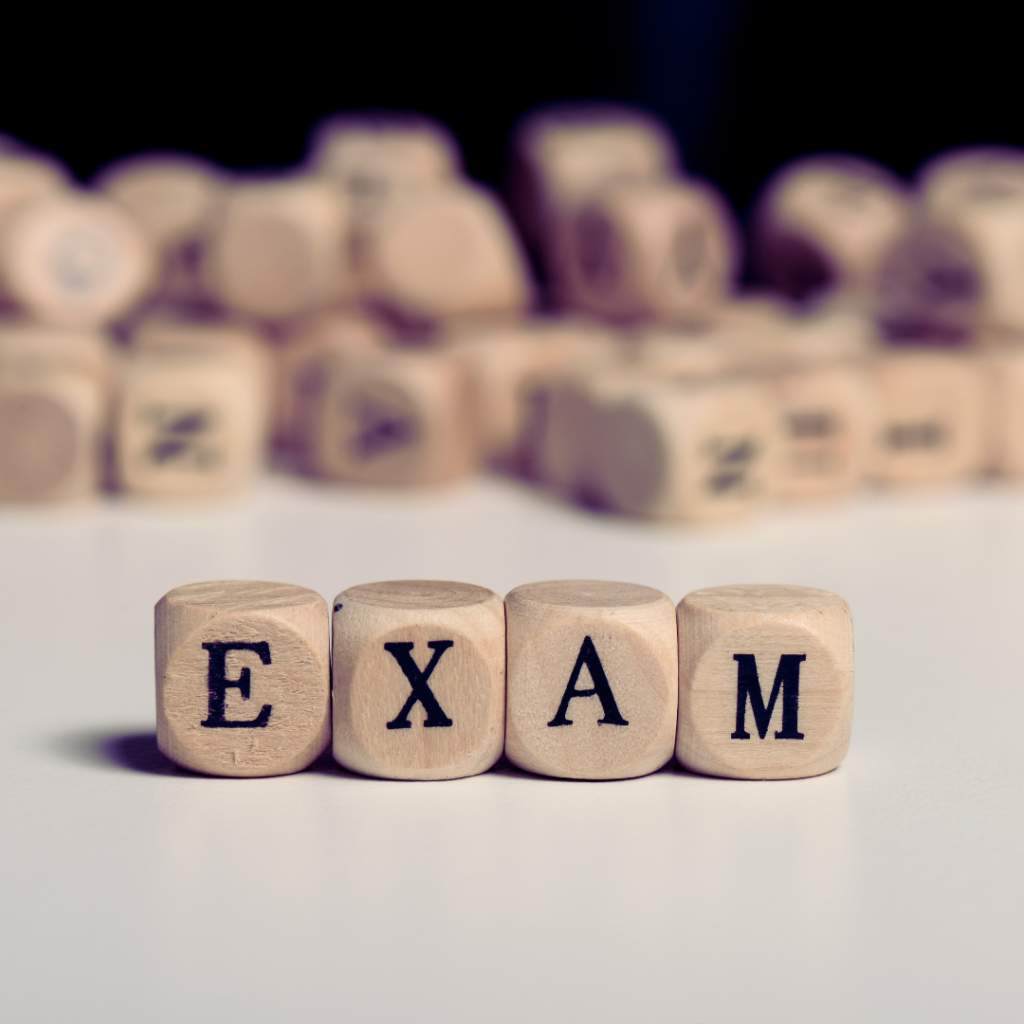Grade 12 as you approach exams, having a clear and effective study strategy is essential. Preparing well can make a significant difference in your performance, these exams are designed to assess readiness, identify weakness and prepare you for the final exams, here are ten practical ways to get ready, each with actionable steps and reasons why they work.
Grade 12: Prelim past papers

1. Create a Study Schedule
A well-structured study schedule helps you manage your time effectively. By setting aside dedicated study periods for each subject, you ensure that you cover all the necessary material without feeling rushed.
- How: Use a calendar or planner to allocate specific times each day for studying different subjects. Make sure to include breaks to avoid burnout.
- Why: A study schedule keeps you organized and ensures balanced preparation across all subjects. It helps build a routine and minimizes the risk of last-minute cramming.
2. Set Clear Goals
Setting specific, manageable goals for each study session keeps you focused and motivated. Breaking down your preparation into smaller tasks makes it easier to track progress and achieve milestones.
- How: Break your study plan into goals, such as completing a chapter each week or mastering particular topics.
- Why: Clear goals provide direction and a sense of accomplishment as you achieve them. This structured approach keeps you on track and builds confidence.
3. Use Past Papers
Practicing with past exam papers or sample questions familiarizes you with the exam format and question types. It’s a valuable tool for assessing your readiness and improving your exam technique.
- How: Work through past papers under timed conditions to simulate the exam experience.
- Why: This practice helps you understand what to expect, improves time management, and highlights areas needing further revision.
4. Organize Study Materials
Keeping your study materials organized saves time and reduces stress. Well-organized notes and resources make it easier to find information and review key concepts.
- How: Use folders or digital tools to keep notes, textbooks, and study guides in order. Regularly update and review these materials.
- Why: Organized materials prevent wasted time and help you stay focused. Quick access to resources makes your study sessions more efficient.
5. Join a Study Group
Collaborating with classmates in a study group offers different perspectives and can make studying more engaging. Group discussions and quizzes can reinforce your understanding of the material.
- How: Form or join a study group to review notes, discuss topics, and quiz each other regularly.
- Why: Study groups provide mutual support and varied explanations, which can enhance understanding and retention of the material.
6. Practice Active Revision
Active revision techniques, such as summarizing notes or creating flashcards, engage your brain more effectively than passive reading. These methods help reinforce your learning.
- How: Use tools like flashcards, mind maps, or summary notes. Teach the material to someone else or create practice questions.
- Why: Active revision promotes deeper learning and better memory retention. It helps you grasp complex concepts and improves recall.
7. Take Regular Breaks
Incorporating breaks into your study routine prevents fatigue and keeps you focused. Short, frequent breaks during study sessions can improve productivity and concentration.
- How: Apply the Pomodoro Technique: study for 25 minutes, then take a 5-minute break. After four cycles, take a longer break.
- Why: Regular breaks help refresh your mind and prevent burnout. This approach enhances overall study effectiveness and maintains your energy levels.
8. Stay Healthy
Maintaining good physical health supports mental performance. A balanced diet, regular exercise, and adequate sleep are crucial for optimal study and exam performance.
- How: Eat nutritious meals, get at least 7-8 hours of sleep each night, and incorporate physical activity into your daily routine.
- Why: Healthy habits improve concentration, memory, and stress management. A healthy body contributes to a sharper mind and better exam performance.
9. Ask for Help When Needed
Seeking assistance when you’re struggling with a topic is crucial. Don’t hesitate to ask teachers, classmates, or use additional resources for clarification and support.
- How: Approach teachers for extra help, join tutoring sessions, or use online resources and study guides.
- Why: Getting help ensures you understand difficult concepts and prevents gaps in your knowledge. It boosts your confidence and preparedness.
10. Stay Positive and Manage Stress
Maintaining a positive mindset and managing stress are key to performing well. Stress management techniques can help you stay calm and focused during exams.
- How: Practice relaxation techniques such as deep breathing, meditation, or visualization. Reward yourself for reaching study milestones.
- Why: A positive attitude and effective stress management reduce anxiety and improve your performance. A calm mindset enhances focus and exam readiness.
By following these tips, you can prepare effectively for your prelim exams and approach them with confidence. Visit our website for registration, we will transform you into the best version of yourself

